On October 11, concluding the Second Session of the Central Steering Committee on Housing Policy and Real Estate Market (Steering Committee) with the theme of Breakthrough Development in Social Housing Development, online with 34 provinces and cities, Prime Minister Pham Minh Chinh directed to promote social housing projects, expand policy beneficiaries, expand forms of renting and leasing social housing; urgently submit for promulgation a Decree on the National Housing Fund, propose a model of a Real Estate Transaction Center.
At the meeting to evaluate the implementation of the Party and State's policies on management and development of the real estate market, especially social housing, the Government has issued many mechanisms and policies to remove difficulties and obstacles to promote the development of social housing and develop a safe, healthy and sustainable real estate market.
Since the beginning of 2025, the Prime Minister has directly chaired 4 National Conferences related to social housing, issued 3 Resolutions, 3 Official Dispatches, and 124 directive documents related to the housing sector and real estate market.
Implementing the Project to build 1 million social housing apartments, up to now, the whole country has 696 social housing projects being implemented with a scale of 637,048 apartments. Thus, the number of projects completed, started, and approved for investment by 2025 reached 60% compared to the target set in the Project.
It is expected that from now until the end of the year, the whole country will complete an additional 35,125 units, bringing the total number of social housing completed in 2025 to 84,712/100,275 units, reaching 84% of the target assigned by the Prime Minister in 2025.
22/34 localities have achieved and exceeded the assigned social housing development targets for 2025. In addition, the Ministry of National Defense and the Ministry of Public Security have started construction of housing projects for armed forces, meeting the housing needs of officers and soldiers.
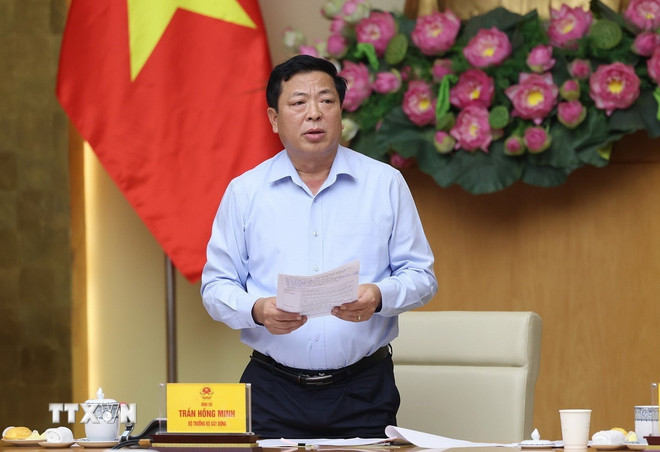
Delegates assessed that although there has been much progress in social housing development, the supply of social housing is still lacking; there is no stable, long-term incentive budget for both investors and people to access social housing.
Current social housing prices are not suitable for the majority of people; land funds in localities for social housing development are generally of poor quality.
Many social housing projects are slow to implement, some selected social housing project investors do not have enough financial capacity and experience...
Delegates focused on discussing solutions to increase the supply of commercial housing, especially social housing at suitable prices; solutions to reduce investment costs and input costs to reduce housing prices; appropriate policies to prevent "hoarding, price inflation," speculation, and profiteering; credit policies aimed at developing social housing; the feasibility of assigning social housing construction projects to businesses; and the construction of real estate trading floors.
In particular, real estate businesses believe that the mechanisms and policies are relatively complete and open, but there is still a gap in implementation.
Delegates suggested that localities allocate land funds, reduce site clearance costs, reduce input costs, reduce investment procedures and time; increase access to loans... to develop social housing.
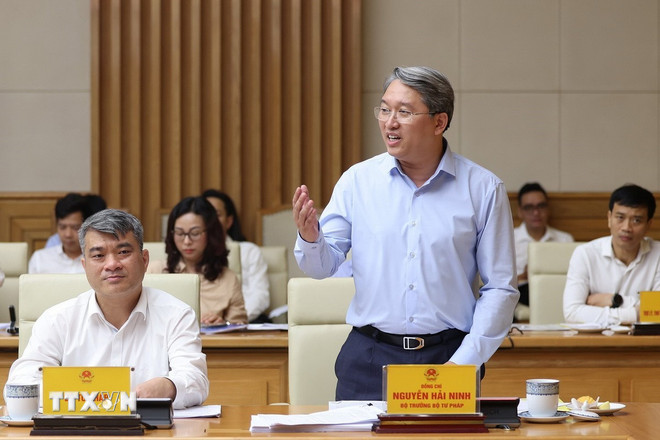
Experts and scientists proposed a fundamental assessment of the real demand for social housing; the establishment of a real estate and land use rights trading center; and the promotion of the construction and development of the National Housing Fund...
Speaking at the discussion and conclusion of the meeting, Prime Minister Pham Minh Chinh emphasized that the social housing development policy is a very humane policy of the Party and State, contributing to ensuring market rules, promoting growth, political stability, social order and safety, developing the country quickly and sustainably, ensuring social security, and improving the material and spiritual life of the people.
The development of the real estate market and the implementation of social housing policies are closely related and promote each other. It is necessary to develop suitable commercial housing in accordance with laws and regulations, while also having breakthrough policies to develop social housing.
Acknowledging that all localities have reflected the need for social housing, the Prime Minister reiterated that social housing development is not only about developing high-rise buildings in urban areas, but also about developing social housing in any place where people who are eligible to buy or rent social housing need to develop social housing.
Social housing is not only high-rise but also low-rise and other types suitable to each condition, terrain, locality, and region, especially in the context of administrative unit arrangement and 2-level government operation, many officials, civil servants, and workers move to different workplaces.
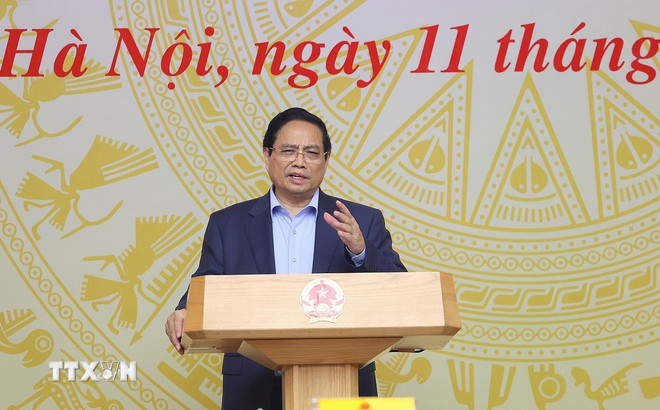
The Prime Minister directed the Ministry of Construction to coordinate with ministries and branches to continue perfecting institutions, focusing on removing difficulties and obstacles in developing the real estate market in general and social housing in particular.
Provinces and cities must plan and allocate land for social housing development to ensure stability and longevity, without disrupting planning, and ensuring essential infrastructure; mobilize and diversify resources including state support, credit capital, bond issuance, private resources, and maximize the room for fiscal and monetary policies for social housing development; increase housing supply with many segments including high-end, middle-income, and low-income, ensuring harmonious development, with no too much difference in essential infrastructure.
The head of the Government requested to strongly promote administrative procedure reform, cut down administrative procedures to reduce input costs; decentralize and delegate power along with resource allocation, and improve the implementation capacity of subordinates.
Localities must proactively and actively introduce policies consistent with central policies and appropriate to local conditions.
Businesses cut costs and unnecessary spending to make social housing prices more suitable and acceptable, increasing access for people in need of housing, in the spirit of "harmonious benefits and shared risks."
The Prime Minister requested to continue to improve technology, information systems, databases, and regulations related to management and supervision of brokerage activities, real estate trading floor operations, and the establishment of real estate trading centers and land use rights managed by the State in a public, transparent, appropriate, effective, and competent manner, inheriting and promoting good work and continuing to supplement it for greater efficiency.
The Prime Minister affirmed that up to now, the mechanisms and policies have been relatively good, and localities must continue to be proactive and more effective in developing the real estate market, especially social housing.
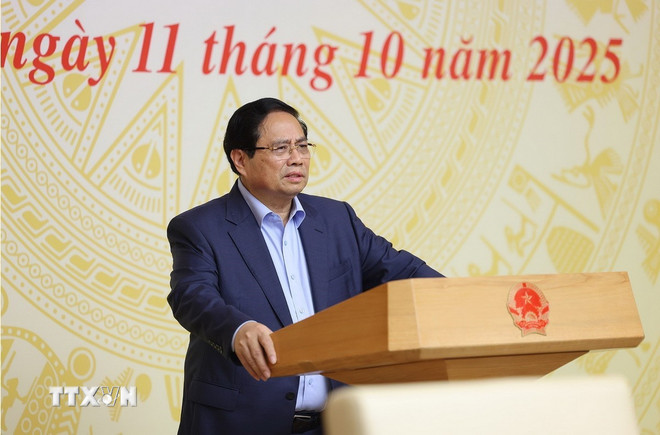
The Prime Minister assigned the Ministry of Construction to continue issuing a circular detailing regulations after the Government issued Decree 261 to provide more specific guidance, such as on the time limit for carrying out procedures for social housing projects.
The Prime Minister said that in the near future, the Government will issue appropriate documents, develop criteria and principles for localities to assign tasks to enterprises to carry out social housing construction in the spirit of not limiting any province or enterprise.
Therefore, the Prime Minister requested that businesses be proactive, volunteer to take on tasks, and promote responsibility to the people, especially those with low incomes, vulnerable groups, and those in need of help from the community and businesses.
The Prime Minister assigned the Ministry of Construction to coordinate with ministries and agencies to urgently submit a Decree detailing the National Housing Fund and propose a model of a real estate and land use rights transaction center established by the State.
The Prime Minister said it is necessary to study a comprehensive, inclusive, and more flexible policy, including for cadres affected by the apparatus arrangement, with preferential policies for hiring and leasing that are favorable and flexible.
Localities must have a monitoring mechanism; proactively remove obstacles related to land and procedures within their authority; and research housing rental and hire-purchase policies to ensure flexibility, convenience, fairness, and suitability.
The Prime Minister requested to expand and be more flexible in terms of beneficiaries of social housing policies, including research on preferential and subsidy policies, especially for people in remote areas.
The Prime Minister directed the State Bank of Vietnam to urge and promote the disbursement of the VND145,000 billion credit program for social housing and worker housing in a more favorable and accessible but manageable manner, while controlling speculative real estate credit that causes a real estate bubble.
Banks continue to cut costs and apply technology to reduce loan interest rates for both investors and home buyers.
The Prime Minister requested to promote policy communication so that people can understand and follow; introduce, encourage, and replicate advanced examples, good models, good, effective, and creative practices; criticize wrongdoings and profiteering that affect the healthy and sustainable development of the real estate market and humane housing policies./.
Source: https://www.vietnamplus.vn/thu-tuong-phat-trien-nha-o-xa-hoi-o-bat-ky-noi-nao-nguoi-dan-co-nhu-cau-post1069688.vnp



![[Photo] General Secretary attends the parade to celebrate the 80th anniversary of the founding of the Korean Workers' Party](https://vphoto.vietnam.vn/thumb/1200x675/vietnam/resource/IMAGE/2025/10/11/1760150039564_vna-potal-tong-bi-thu-du-le-duyet-binh-ky-niem-80-nam-thanh-lap-dang-lao-dong-trieu-tien-8331994-jpg.webp)


![[Photo] Ho Chi Minh City is brilliant with flags and flowers on the eve of the 1st Party Congress, term 2025-2030](https://vphoto.vietnam.vn/thumb/1200x675/vietnam/resource/IMAGE/2025/10/10/1760102923219_ndo_br_thiet-ke-chua-co-ten-43-png.webp)
![[Photo] Opening of the World Cultural Festival in Hanoi](https://vphoto.vietnam.vn/thumb/1200x675/vietnam/resource/IMAGE/2025/10/10/1760113426728_ndo_br_lehoi-khaimac-jpg.webp)
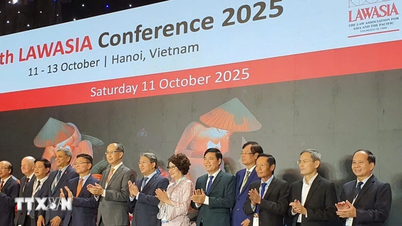



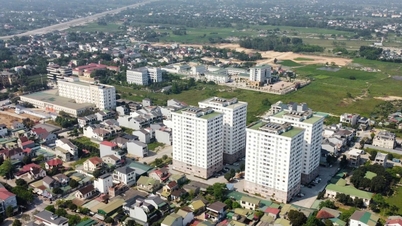


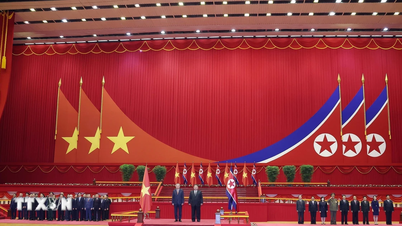
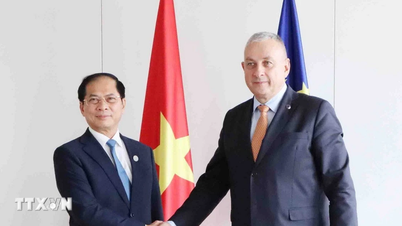


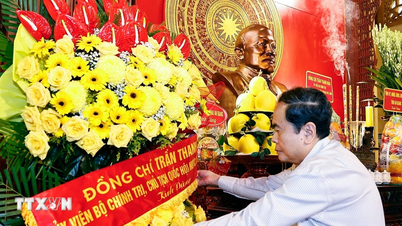
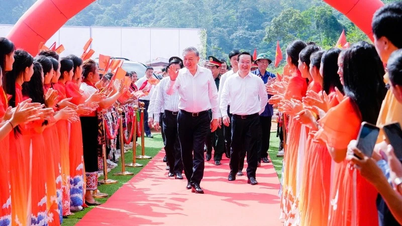

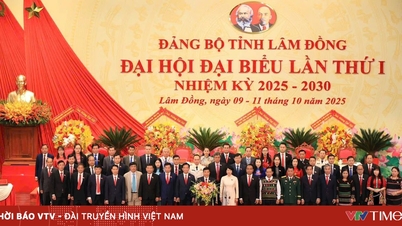






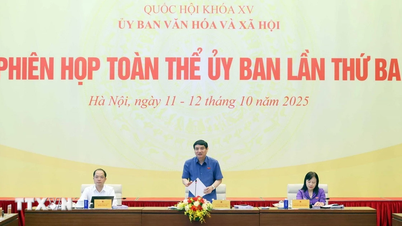
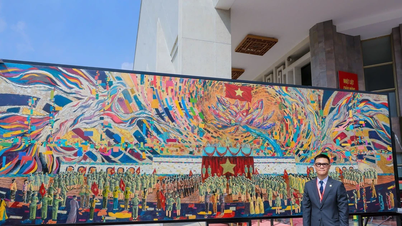

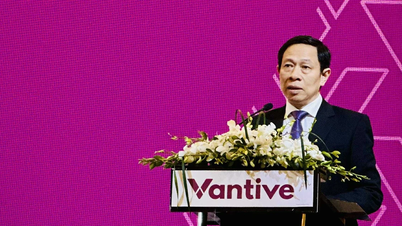
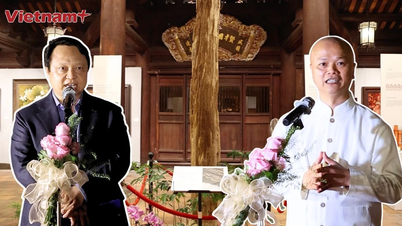
































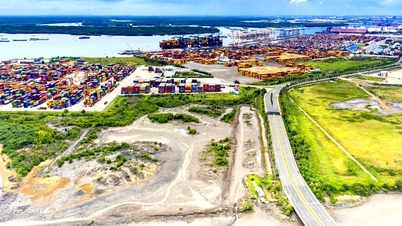










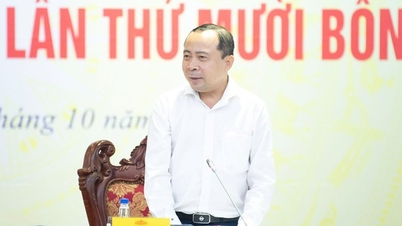


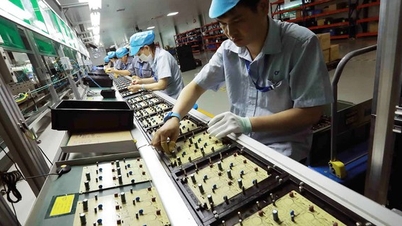
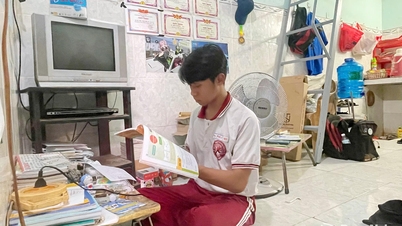



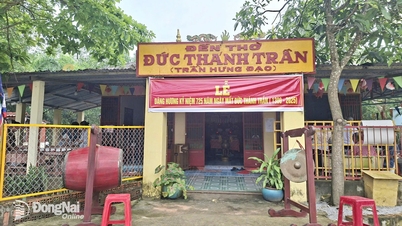




















Comment (0)